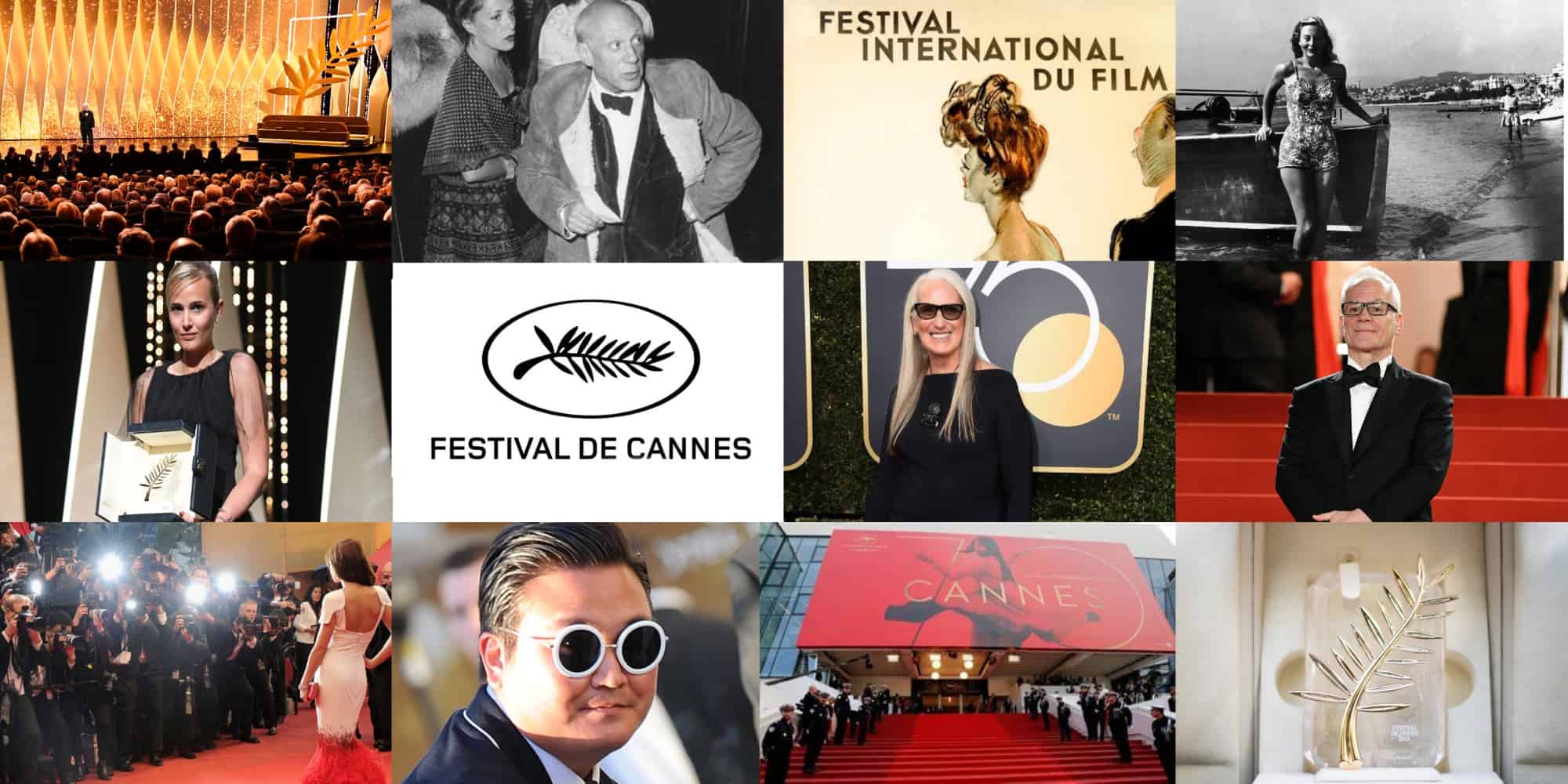Previously known as The International Film Festival, Cannes Film Festival, or Festival de Cannes in French, it is one of the most renowned and prestigious events in the film industry and is held in the beautiful city of Cannes, located on the French Riviera. Founded in 1946, Cannes Film Festival is renowned for its glamorous red-carpet events, star-studded premieres, and its commitment to showcasing a diverse range of films from around the globe.
The Festival attracts an international audience, including filmmakers, critics, journalists, and film enthusiasts, who gather to experience the latest cinematic offerings and celebrate the achievements of talented artists. Consisting of several sections, genres, styles, and formats, the Official Competition section is the most prestigious section of the event presenting the Palme d’Or.
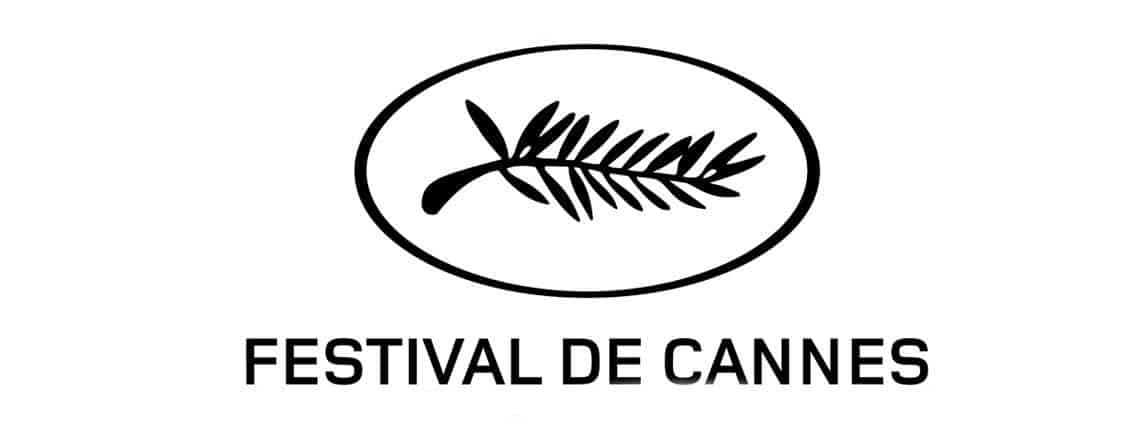
The Facts You Need To Know!
1. The Origin of Idea for Cannes
The Cannes Film Festival’s origin can be traced back to the aftermath of World War II when Europe was recovering from the devastating effects of the war: the French Association Of Artistic Action Director (AFAA) Phillipe Erlanger and the film critics.
Emile Vuillermoz and Rene Jeane are the ones to whom the idea of the Cannes Film Festival belong. An international film festival that will promote French Cinema and foster cultural exchange. However, due to the outbreak of world war II, the plan of having the International film festival was put on hold.
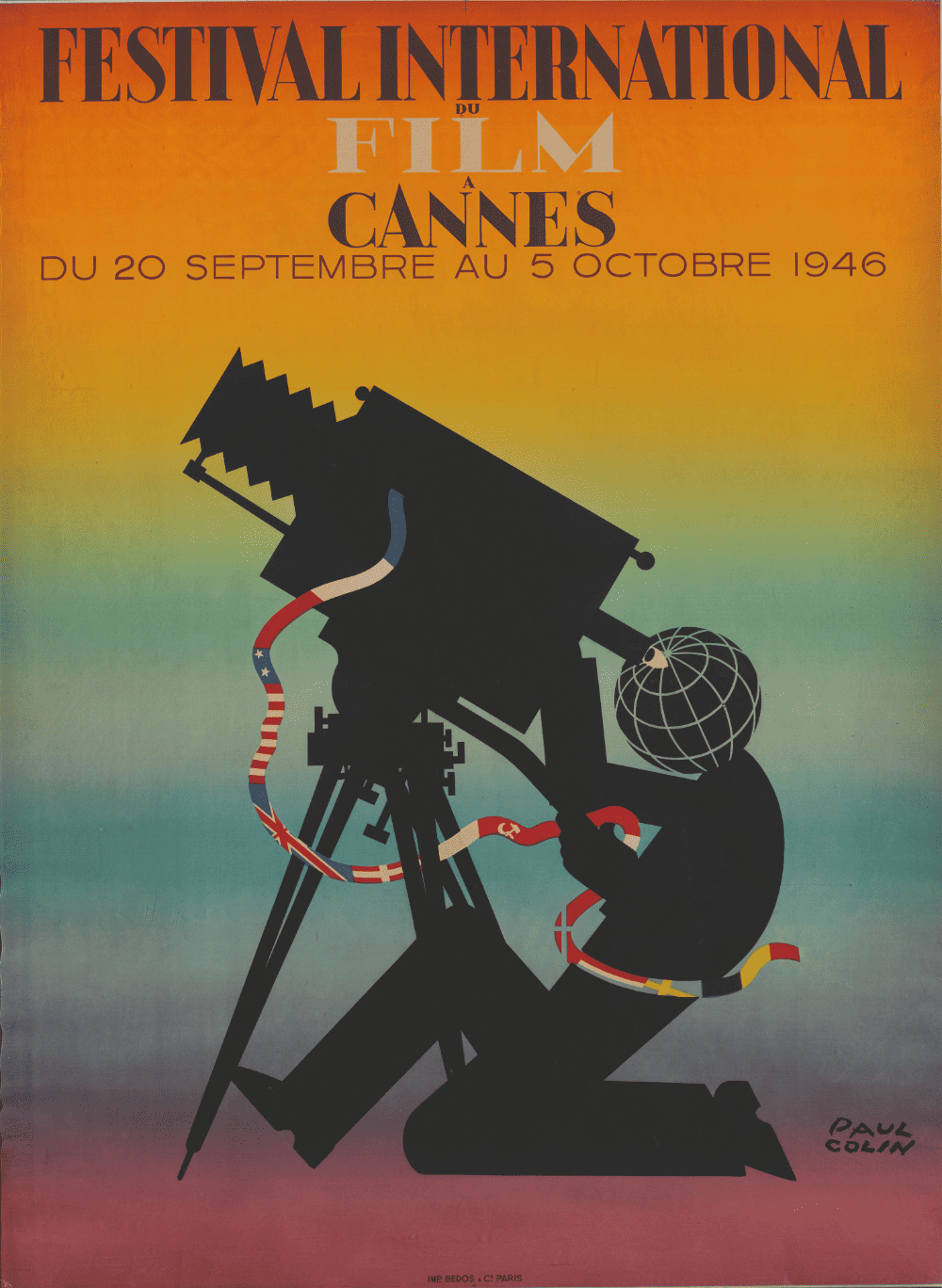
It wasn’t started until 1946, a year after the war ended, That the concept of the Cannes Film Festival began to take shape. The Festival was also seen as an alternative to the Venice Film Festival. Which had been a prominent event before the war, but the organizers believed that the Venice film festival was nothing but a political affair and, therefore, a new festival establishment was needed that would focus solely on artistic merit and will bring together the filmmakers, artists, and industry professionals from around the world to celebrate the art of cinema and rebuild the cultural landscapes.
Also Read: Ryan Reynolds and Blake Lively to Join The Billionaire Club
2. The previous Name of the Cannes Film Festival
Now known as the Cannes Film Festival or Festival de Cannes in French, it is an internationally renowned celebration of cinema with a rich history, with its inception back in 1946. Originally The Festival was called The “Festival International du Film,” translated as “International Film Festival.”
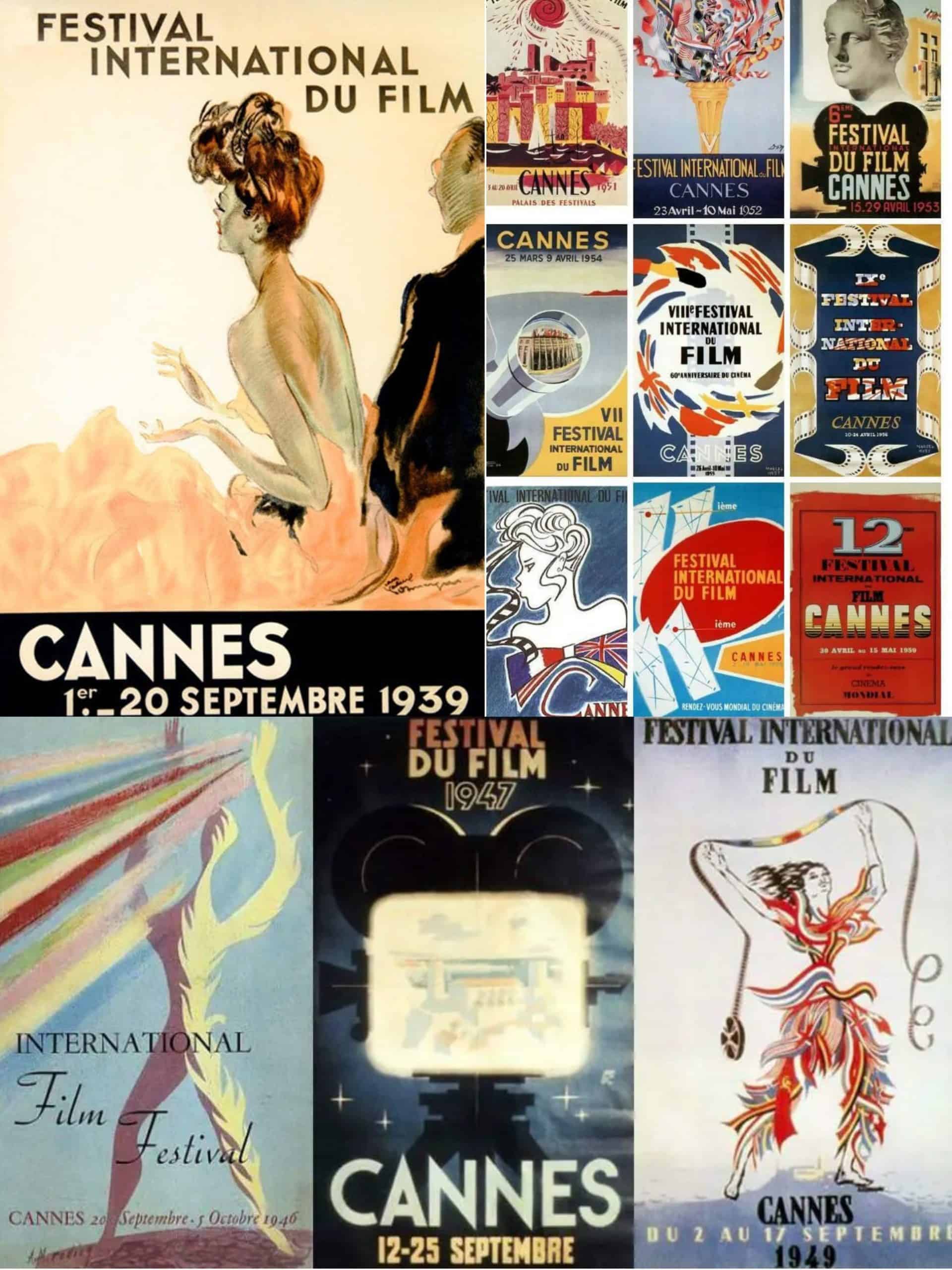
The Festival aimed to revive and celebrate world cinema in the aftermath of World War II by providing an international platform for showcasing and celebrating exceptional films from around the world. In 1952, The Festival’s name was changed to “Festival de Cannes,” probing to its roots in the French city of Cannes, where it has been held since its inception
3. The City of the Cannes
The city of Cannes, Known for its stunning coastline and luxurious atmosphere, was chosen as the ideal location for the High Profile festival. The pleasant climate, accessibility, and reputation were a delight, and as a result, it was chosen for hosting an international event of a high magnitude.
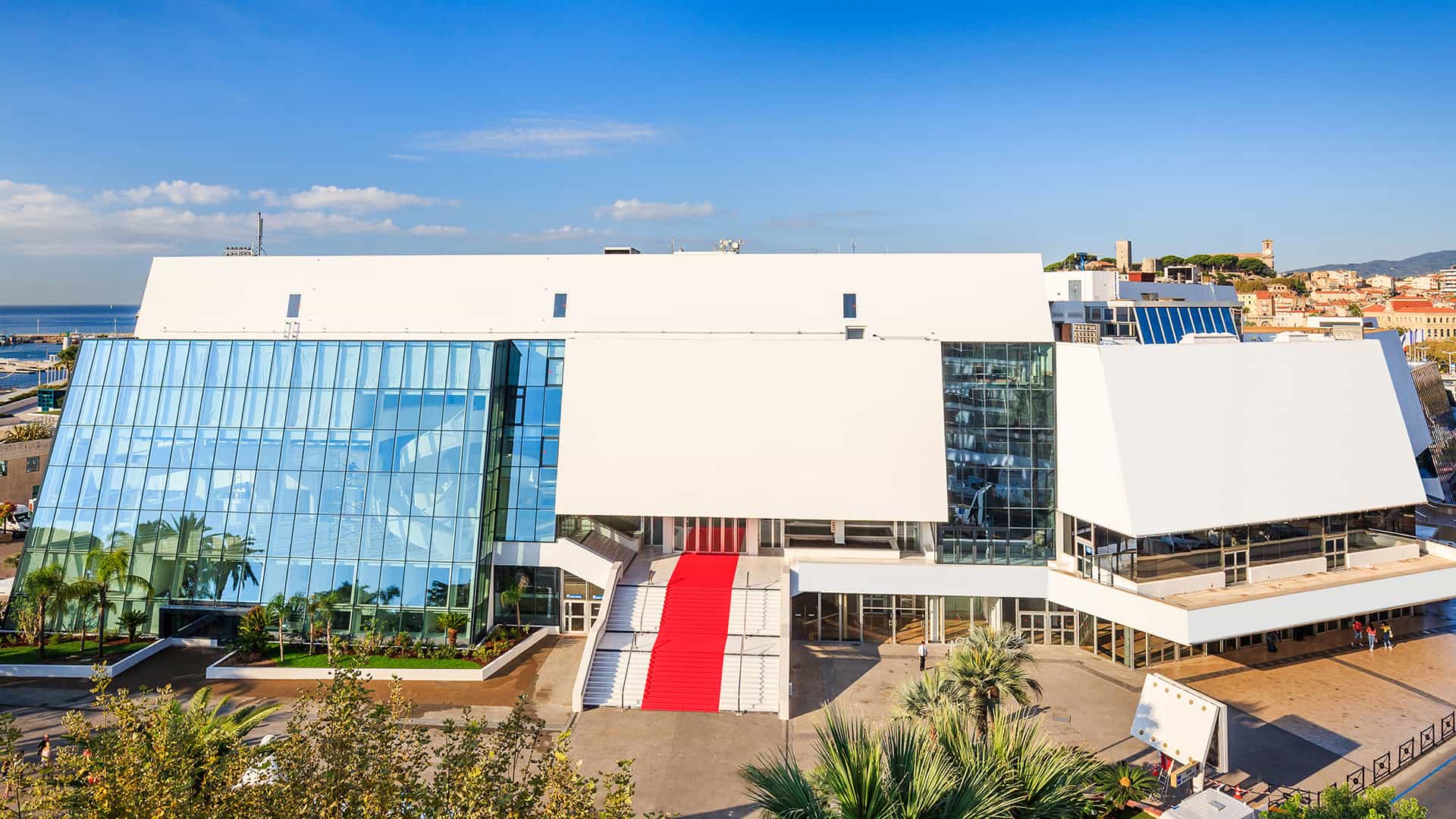
The Palais des Festivals et des Congrès, a modern convention center which is located along the famous Boulevard de la Croisette, was selected as the Festival’s main venue.
Also Read: Carrie Fisher, aka Princess Leia, Honored on Hollywood Walk of Fame on Star Wars Day
4. The 12 Parallel sections
The Cannes Film Festival has a renowned and diverse selection of films, which are showcased in various sections running parallel to the main competition at the same time as the Cannes Film Festival. These parallel sections are solely for additional opportunities for filmmakers to present their work, explore unique themes, and engage with different audiences.
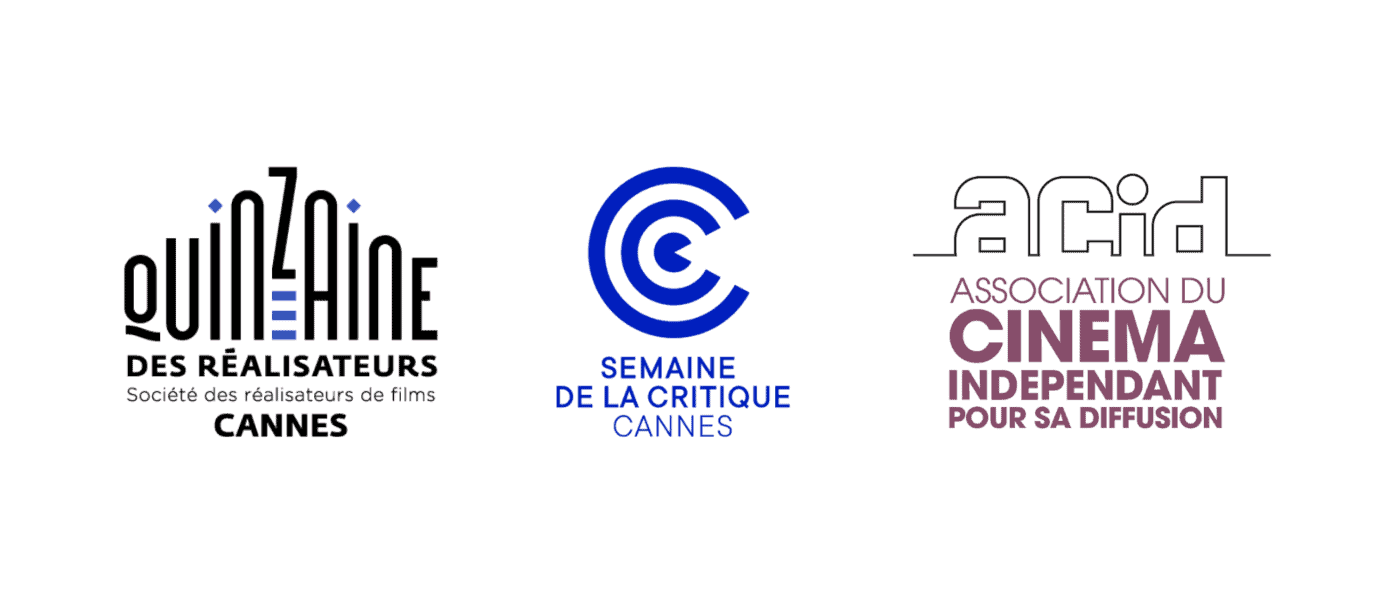
The 12 parallel sections of the Cannes Film Festival:
- Official Selection:- The Official Selection is the Festival’s main competition section which features a carefully curated lineup of films from around the world. The films in this section compete for the prestigious Palme d’Or.
- Un Certain Regard:- Un Certain Regard is the section that highlights innovative and unconventional films, which are often from emerging or lesser-known filmmakers. This section aims to celebrate new voices and distinct artistic visions in the industry that challenge traditional storytelling techniques.
- Out Of Competition:- This section includes films that are screened at Cannes but are not part of the competition. It features a wide range of genres and styles, including special screenings and films from established directors.
- Cannes Classics:- Cannes Classics celebrated the preservation and restoration of classic films. It presents a selection of restored masterpieces, documentaries, and tributes to renowned filmmakers.
- Cinéfondation:- The Cinéfondation section is dedicated to student films from film schools around the world. It showcases the works of emerging talents, providing them with a platform to present their creativity and vision to a global audience.
- Directors’ Fortnight (Quinzaine des Réalisateurs):- Directors’ Fortnight is an independent section that runs parallel to the Cannes Film Festival. It focuses on innovative and cutting-edge films that often feature bold storylines and fresh perspectives.
- International Critics’ Week (Semaine de la Critique):- International Critics Week aims to discover and promote the work of emerging directors. It showcases a selection of first or second feature films, offering a platform for young talents to gain recognition.
- Cannes XR: Cannes XR is a relatively new section dedicated to exploring the intersection of virtual reality, .augmented reality, and immersive storyline. It features virtual reality experiences, installations, and innovative technologies in the realm of cinema.
- Short Films:-The Short Films section showcases various short films from various genres and styles. It provides a platform for filmmakers to experiment, express their creativity and make a mark in the industry.
- Special Screenings:- Special Screenings include the films that are presented outside the competition sections and often as tributes, retrospectives, or premiers,
- Cannes Court Métrage:- Cannes Court Métrage is a separate section dedicated exclusively to short films. It includes a selection of short films from around the world, promoting the art of short-form storytelling and nurturing emerging talents.
- Cannes Soundtrack Award:- The Cannes Soundtrack Award recognizes outstanding musical contributions to films in the official selection. It highlights the importance of music in cinema and celebrates the collaboration between filmmakers and composers.
5. The Top Award at Cannes
The prestigious award and the symbol of Cannes is its top award Palme d’Or, translated as “Golden Palm” in English. The award is widely considered one of the most prestigious prizes in the film industry. It is awarded to the best film among the entries in the Festival’s official selection.
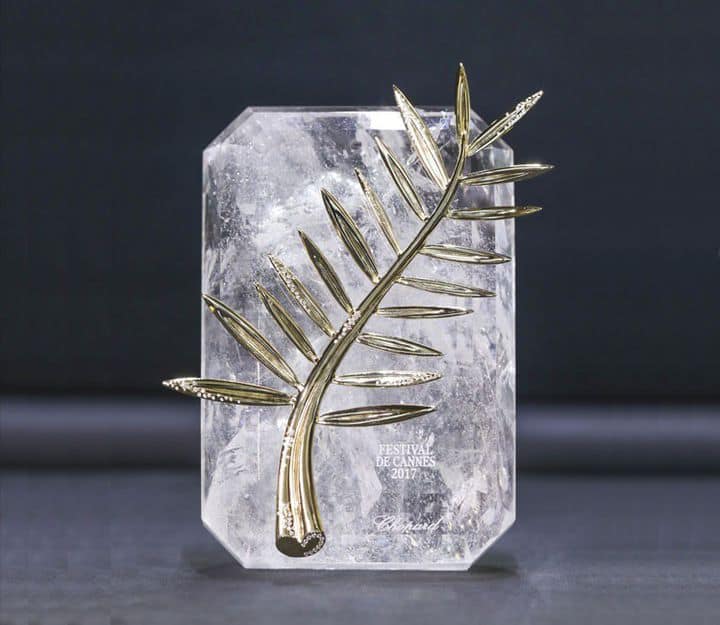
The Palme d’Or was introduced in 1955, replacing the Grand Prix du Festival International du Film, which had been the Festival’s top prize, but the decision to create a new award was made to further emphasize the artistic merit and excellence of the winning film.
Also Read:-Oscars 2023 Winners List: Everything To Know About The 95th Academy Awards
6. The attempt to discourage selfies on the red carpet
Everyone loves to take selfies, and that is also true for the celebrities coming to the Cannes film festival dressed up in their best attires, but this culture of selfies was not appreciated by the Executive Director of the Festival, Thierry Frémaux, who then attempted to discourage selfies on the red carpet in 2018.
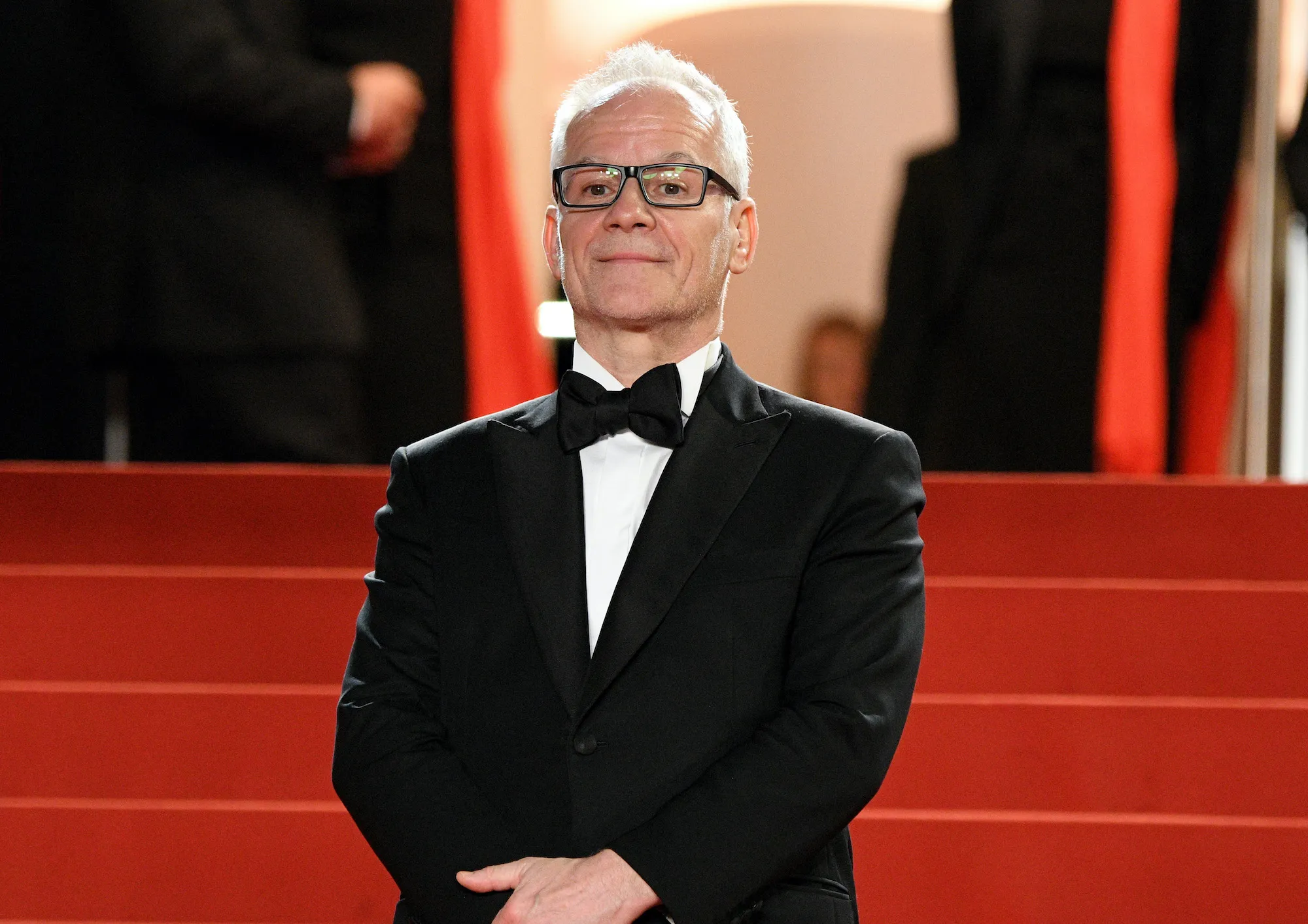
Thierry Frémaux explained that as the Festival has a huge crowd and if the celebrities take a pause in the steps to take selfies, it causes traffic, and though he didn’t have the power to ban the outright culture of taking selfies, it needed to be reduced. In addition to it, Thierry also made a remark on selfies stating that selfies are “ridiculous and grotesque,” and said that one never looks as ugly as they do in a selfie.
7. Netflix Has been banned from Cannes Film Festival
In 2017, the Cannes Film Festival lineup for the Palme d’Or included two Netflix films that are Bong Joon Ho’s Okja which is an environmental drama, and the other othe is Noah Baumbach’s family dramedy, The Meyerowitz Stories. However, neither of them won the award but got critical analysis from the critics.
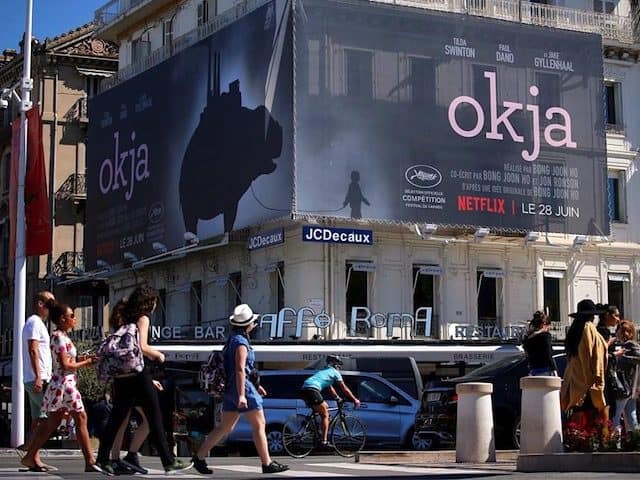
The next year in 2018, director Thierry Fremaux in an interview, made it clear that Netflix would no longer be a part of the Cannes Film Festival and would not be considered for the Palme d’Or. The reason is that in 2017 when Thierry Fremaux made the decision to bring Netflix on board with Cannes, he tried to convince them to premiere the films in the cinemas as in France, it is important to premiere any film for three months in the cinemas before releasing on the streaming platform to which Netflix denied to which Thierry Fremaux made the decision of letting the streaming platform out of the competition as it doesn’t go with virtues that the Cannes Film Festival has.
Also Read: Rock Hall of Fame Inductees: Who Are The New Celebrities?
8. The 90’s Photographers Protest
Cannes film festival sees the notable celebrities ever since the 90s, being photographed by the media and paparazzi from all over the world, but in the 90s, the Cannes film festival saw its first-ever protest by photographers towards some celebrities.
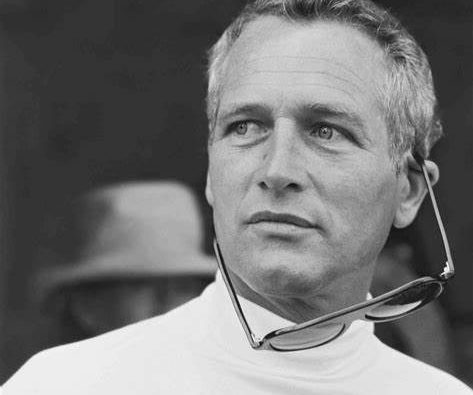
It all started back in 1975 when Paul Newman, an American actor and Film director, refused to pose for a photograph on arrival at the Film festival, stating he was tired from his journey. Then photographers placed their cameras towards their feet in protest when Paul Newman was climbing the steps to the Festival in the evening.
The same rejection was faced by Isabelle Adjani, a French actress, in 1983 when the Young actress neglected the press conference and the photocall, which the photographers found offensive and refused to shoot Isabelle on the red carpet of the Cannes Film Festival.
9. The Jury presidents of the Cannes Film Festival
Cannes Film Festival is renowned for its prestigious jury, with each year having prominent filmmakers, actors, critics, and industry professionals leading the jury panel and evaluating the most tedious task of going through the competing films and making the judgment of winners of each year.
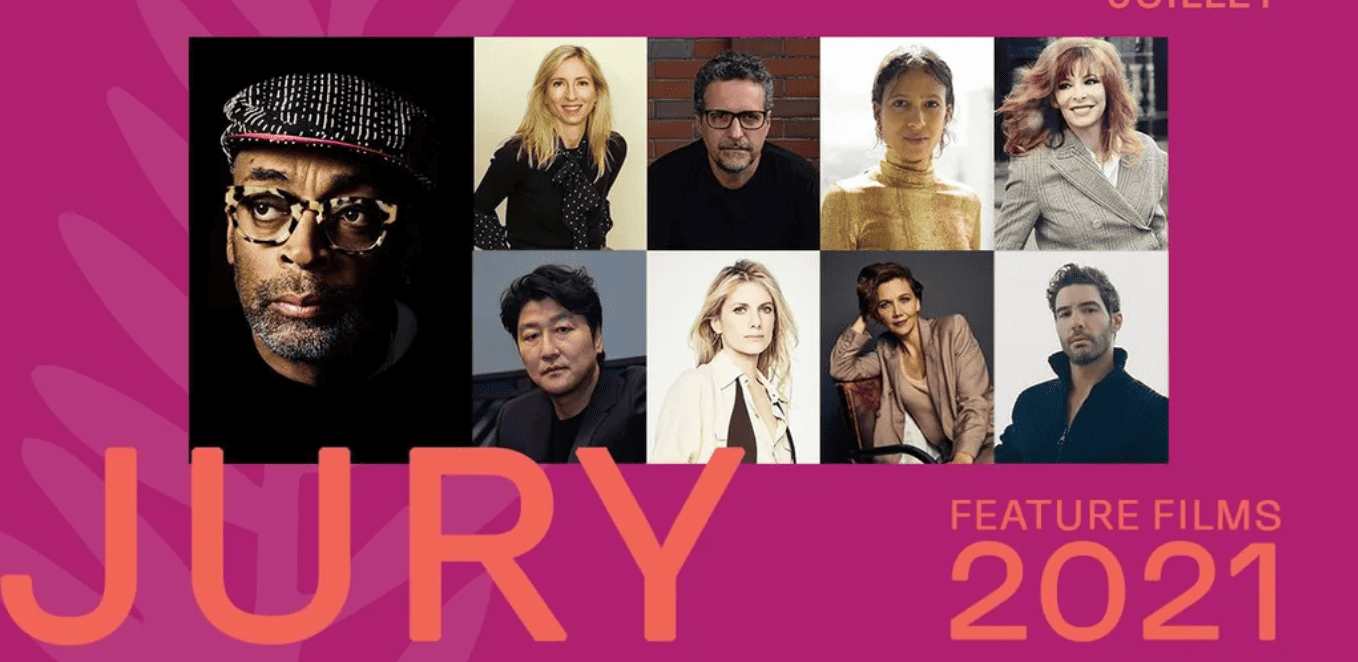
Over the years, Cannes Film Festival witnessed a succession of notable jury chairmen having years of expertise in the cinema. Back in time, from 1946 to 1959, the panel was hosted by only the French men, which later on was broken by Belgian Georges Simenon.
Also Read: WGA Writers Go On A Strike, Halting TV Show Productions
10. The selection of Films
Every year Cannes gathers a selection committee that reviews all the film submissions. The selection process is a meticulous task that involves a careful evaluation of numerous submissions from around the world. The Festival’s selection also aims to showcase a diverse and compelling lineup of films that represent the best of contemporary cinema.
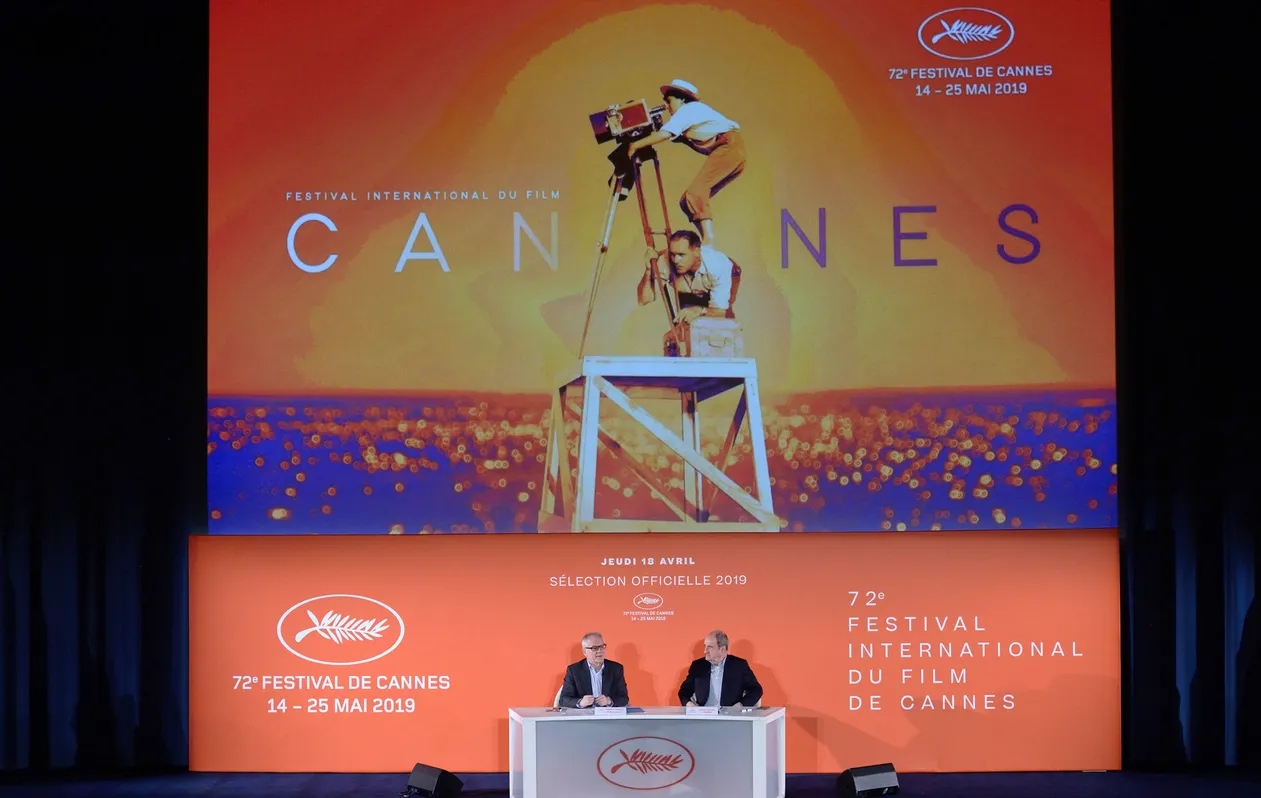
The selection committee is composed of professionals from the film industry and critics with extensive knowledge and expertise in the industry. Each year the committee picks five feature films and ten short films to be a part of the official selection. In the year 2019, Cannes for the first time revealed the selection committee to the public for the first time, which included a panel of 9 people. For 2020 it included five women and five men.
Also Read: Ed Sheeran’s Humble Reflection on His Possible Career Decline
11. The Domergue Villa
Situated in the prestigious neighborhood of Super Cannes, The Domergue Villa, also known as Villa Fiesole, is an iconic architectural gem nestled on the hills of Cannes, France. The historic villa was originally built in the 1930s by architect Barry Dierks for the renowned French painter and portrait artist Jean-Gabriel Domergue.
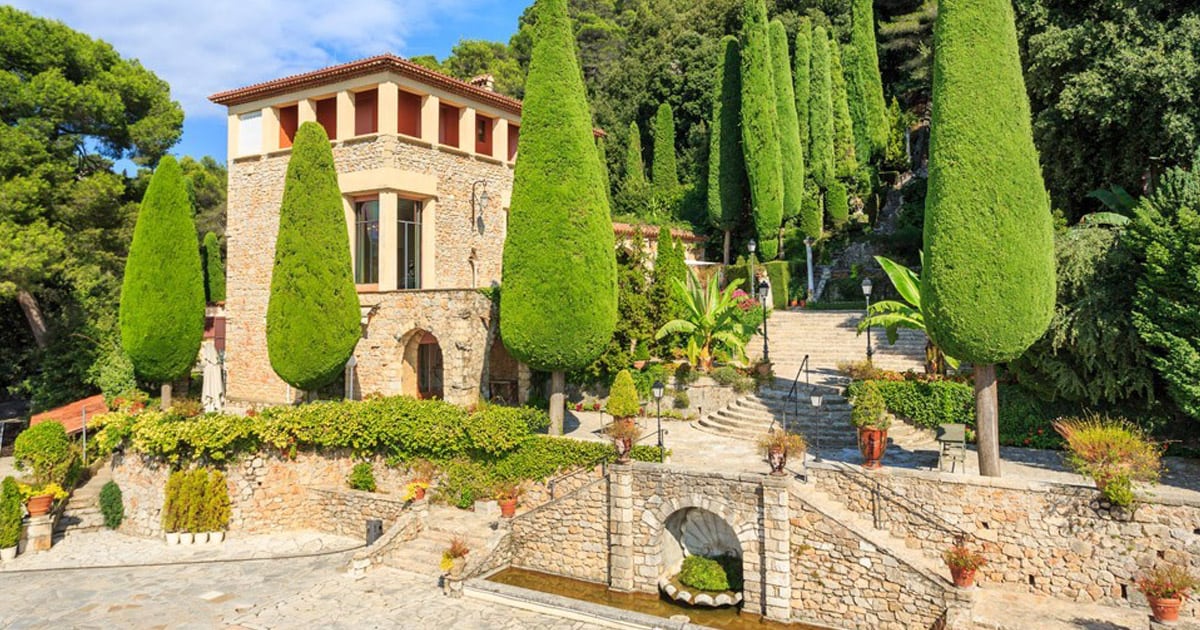
The villa has been used for the jury meetings of the Cannes film festival since the mid-1990s. The mansion is also open to the public to view the breathtaking views of the villa.
Also Read: 40 Books Like Harry Potter
12. Cannes Film Festival in 12 movie settings.
The Cannes film festival has provided a platform for the celebration of cinema, a place for international stars gathering and a platform for showcasing remarkable films, but apart from this Cannes Film Festival has also contributed as a captivating backdrop for over 12 movies that are with genres of romance to thriller crime stories.
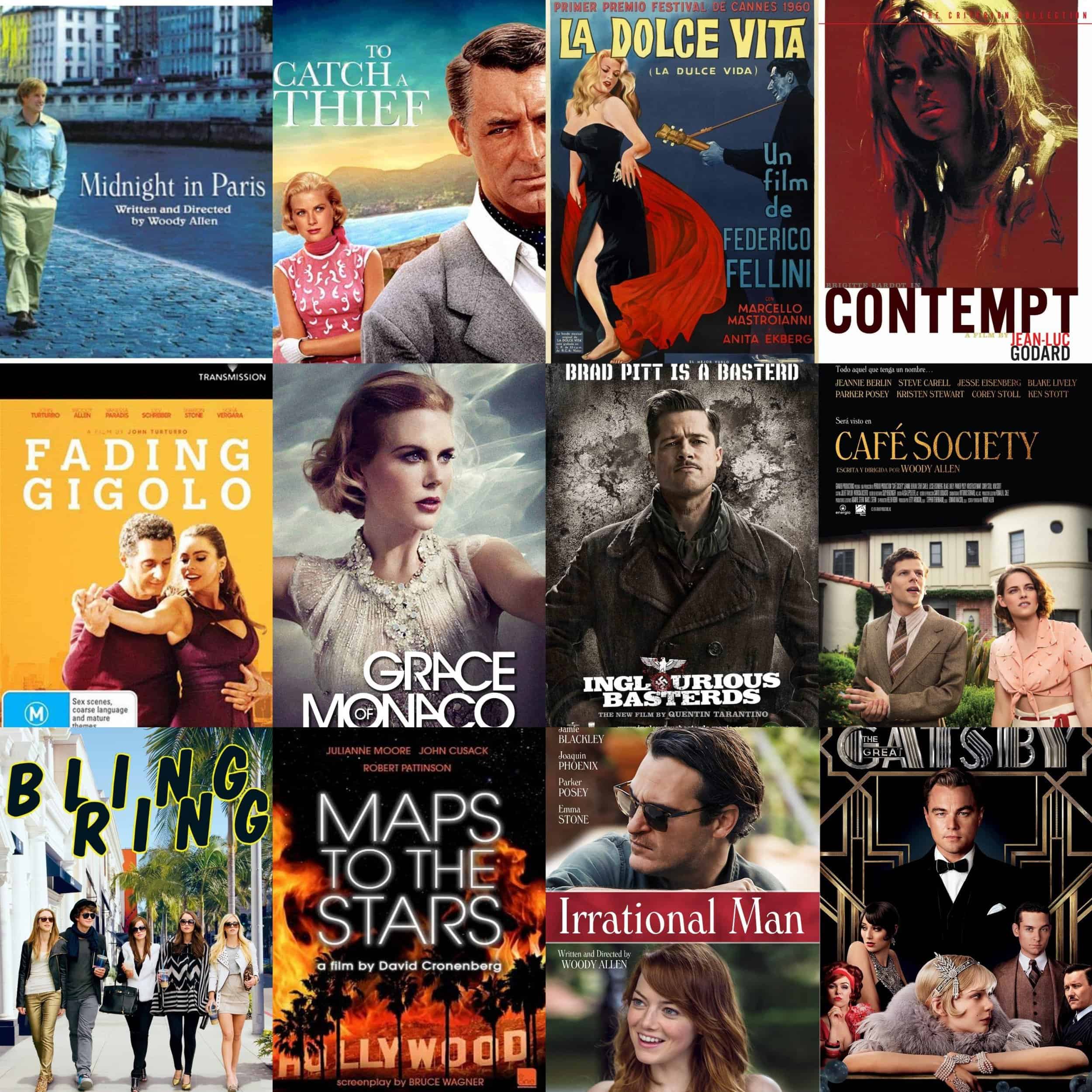
The list includes:-
- To Catch a Thief
- Midnight in Paris
- La Dolce Vita
- Contempt
- Fading Gigolo
- Grace of Monaco
- Inglourious Basterds
- Cafe Society
- The Bling Ring
- Maps of the stars
- Irrational Man
- The Great Gatsby
13. The first Cannes film festival poster
As the Cannes Film Festival holds an inevitable place in the industry, so do the posters of the Festival. Each year’s posters are well curated by well-known and creative artists paying homage or depicting something with the theme of the Festival. The timeline of these posters can be tracked down to 1939, when the first poster was curated.
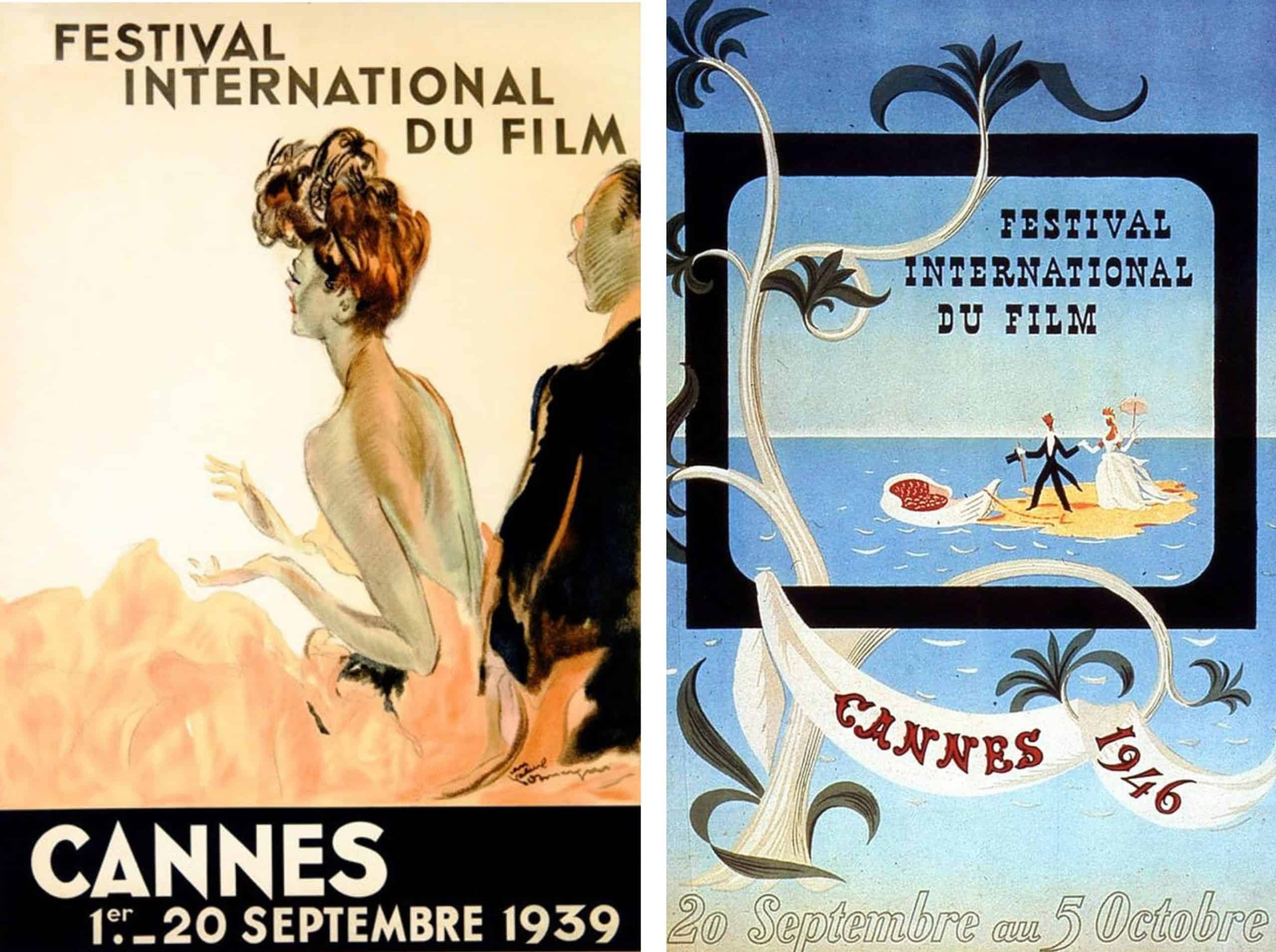
When Jean Zay organized the then-known “International Film Festival” along with fellow filmmakers and critics, the design for the poster was commissioned to the French painter Jean Gabriel Domergue. The artist shortly after presented the poster before the inauguration of the Festival, which was held on hold because of the breakout of World War II.
Later when in 1946, the Festival was rescheduled, and the poster was commissioned to Leblanc to create poster that would depict the beautiful location and views offered by the French town of Cannes.
14. The 24 steps and the red carpet
The red carpet moment is one of the most breathtaking moments in any celebrity, filmmaker, or any other industry professional’s life. The majestic 24 steps of the red carpet that led up to the Palais des Festivals create an unforgettable visual with a hold on special significance, symbolizing the journey of the people as they ascend to the pinnacle of cinematic recognition.
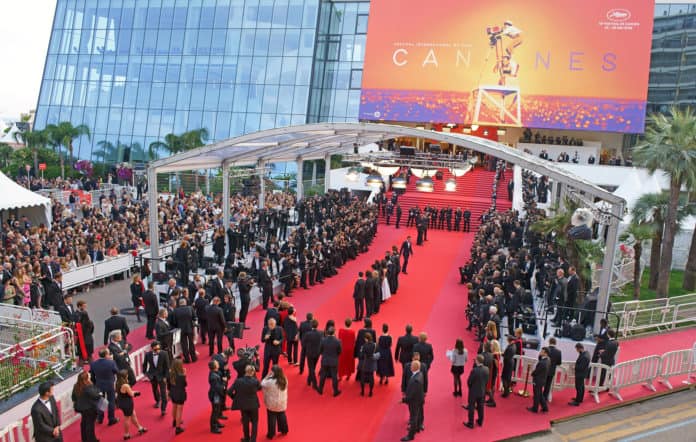
These 24 steps are covered with a 2 kilometers long red carpet which is changed a day thrice and is specified to have a fresh welcome of all the footsteps of the highly renowned professionals of the film industry to the Festival. Throughout the tenure of the Festival, it is changed 40 times at least.
15. The Palme d’Or Award
The top award of Cannes, The Palme d’Or, is not only valuable for celebrities in terms of their notable films celebration but also is a testament to the Festival. The origin of the Palme d’Or can be traced back to 1939 when the Cannes Film Festival was known as “The International Film Festival.”However, it wasn’t until 1955 that The Palme d’Or was introduced.

The award is a testament to the Cannes Festival and has been awarded to the best films throughout the history of Cannes to date in the Official Competition. The Palm leaf, crafted in 18-carat gold and resting on a crystal pedestal, has been assembled by Fellini Coppola, Haneka, and Kurosawa, amongst others, Handcrafted in the Geneva workshops of the celebrated jewelers in Switzerland, Chopard by no less than seven artisans working for over 40 hours.
Also Read: 45 Facts About King Charles III That You Should Not Miss
16. The Affair of Ties and the Bathing Costumes
The Affair of Ties is the first fashion Faux-pas which was witnessed by the Festival in 1949. Amongst the mesmerizing evening of Riviera, it is really a skill-based task for the Festival’s attendees to change from their bathing costumes into dinner jackets.
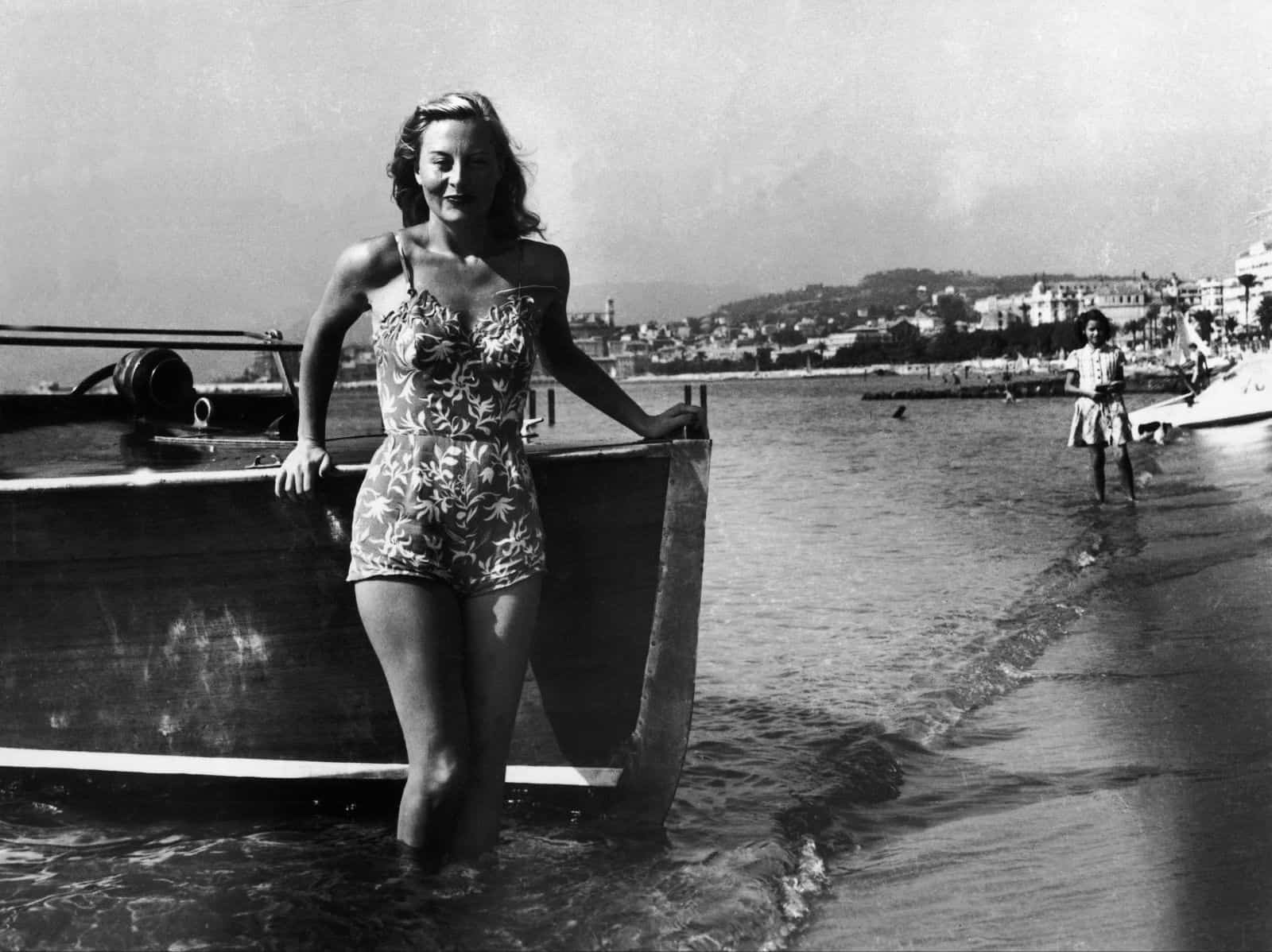
The Faux-pas started when the organizing committee planned that for the screenings of certain films, neck Ties to be worn and some without ties. But to this protocol, many foreign delegates didn’t find it pleasing as they thought the organizers the making partial judgment of the films, which agitated the attendees leading to the infamous war of the ties.
Apart from this, the mayor, M. Antoni, was also not pleased with the judge stating the protocol doesn’t reflect the climate of Cannes and that it’s the right of the attendees to be relaxed. And therefore, this led to the bathing costumes becoming one of the fashion icons on the Croisette.
17. Picasso At Cannes Film Festival
The dress code at Cannes is not too tight or restricted, but still, an evening dress code is anticipated, which was broken for the first time by the Famous whimsical artist Pablo Picasso.
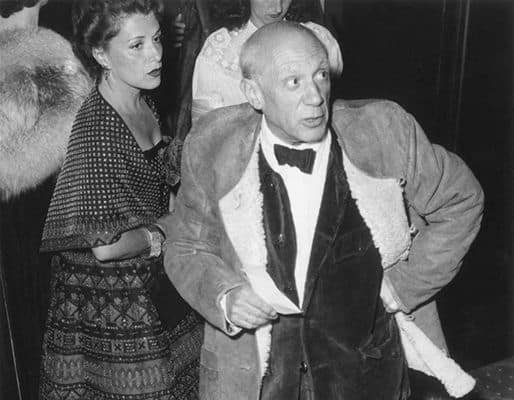
The legendary Artist, Pablo Picasso, arrived on the evening of the Cannes Film Festival in 1953 to attend the screening of Henri-Georges Clouzot’s Salaire de la Peur, Translated as The Wages of Fear and obtained a skeptical look after he entered the Palais wearing a sheepskin Cloak, which was the first time someone did and Pablo being such a legend that no one had the courage to not let him enter the Palais and thus Pablo created a history of Fashion Faux-pas at the Cannes Film Festival.
And with this stern, Later the same director Henri-Georges Clouzort made a documentary on the artist Picasso The Mystery Of Picasso, which received a special jury prize in 1956.
18. The Event with Second Largest Media Coverage
No doubt Cannes Film Festival gains a lot of media coverage due to its event scale and the number of celebrities and film industry icons walking on the red carpet each year. Cannes is not just a festival but a ritual of celebrating the film industry each year with lots of added controversies, news headlines, and glamour.
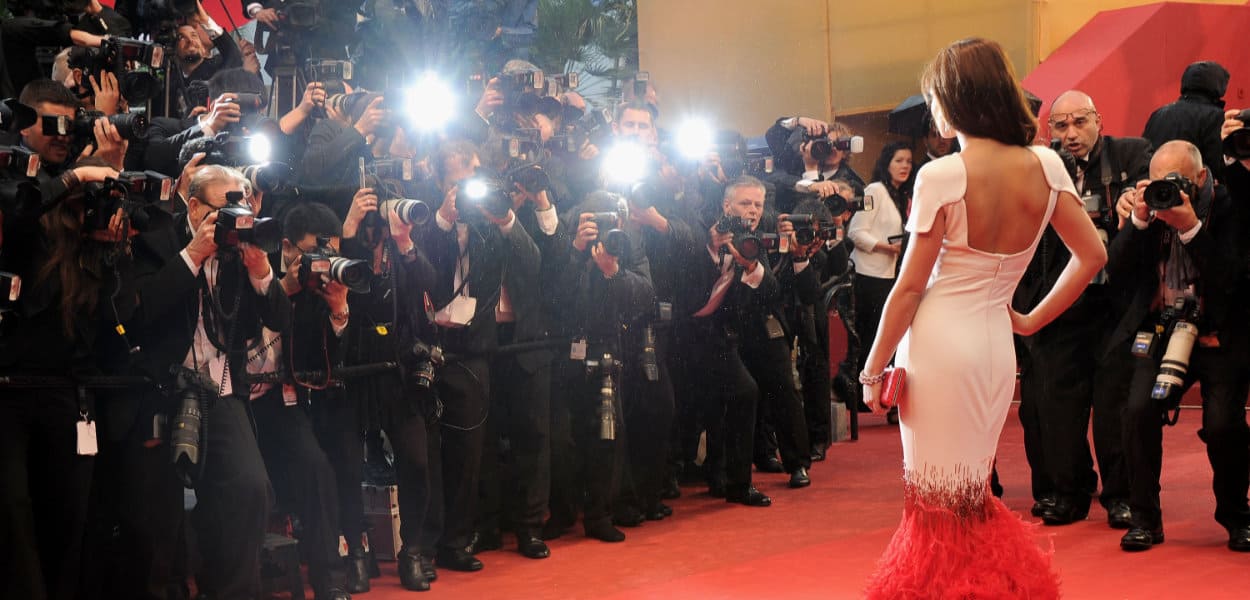
With its glamour and prestigious image, Cannes Film Festival nearly sees around 4500 journalists on average each year attending the Festival to capture each and every detail, which makes Cannes the second largest media coverage event after the Olympics. With its prime location, unforgetful event, and glamourous photographs, Cannes is a dream to live on.
With this high number of journalists, In 1954, a lot of them were injured while trying to get a photograph of the British actor Simone Silva on the beach as she was topless. Later she was designated with the title of “Miss Festival 1954”.
19. 2013 Jewel Heist
In 2013, Cannes Film Festival witnessed one of the biggest jewel heists in the history of France. The heist shocked every attendee and made headlines around the world. The thieves broke into the Carlton hotel room of an employee of Chopard, a renowned Swiss Jewelry and watchmaker, and stole jewelry worth around $ 1 million.
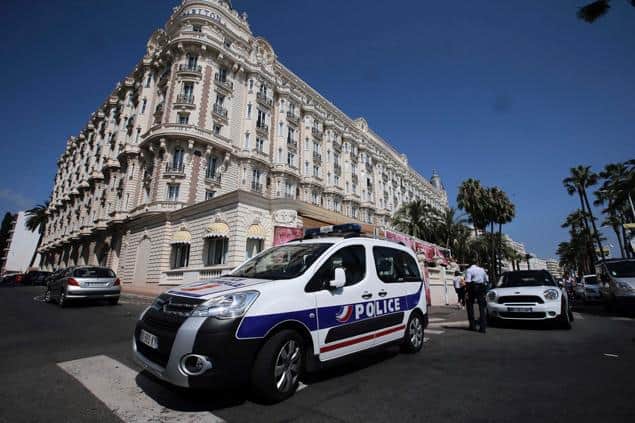
The employee was responsible for transporting the Chopard’s valuable pieces to the celebrities attending the Festival. Though amount the jewelry, the prestigious Palme d’Or was not stolen, which was also designed by Chopard. The heist prompted the organizers to review the security of the Festival and take the required measures, including imposing protocols.
Also Read: 31 Best Heart-Pounding Crime Anime Series On Netflix
20. The Imposter At Cannes
The security at Cannes Film Festival maintains the smooth running of the Festival, making sure the safety of its attendees. But there have been instances where there have been people breached the security of Cannes.
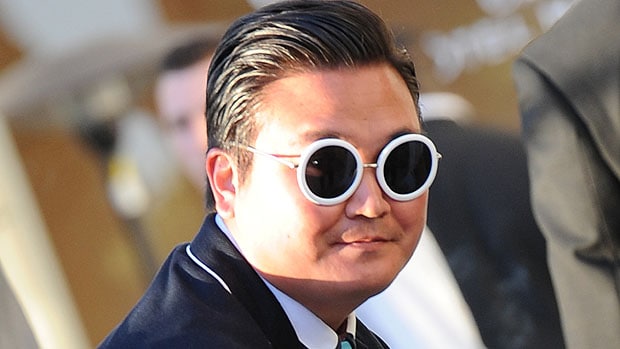
One of the notable cases is of the imposter of South Korean pop star Psy which occurred in 2013. Despite the robust security protocols and tight security, The imposter of Psy breached the security and entered the private party of the Festival. The imposter successfully fooled both the security personnel and even the attendees by convincing them with his impersonation. The imposter was caught after the Manager of K-pop star Psy saw him and reported it.
21. The No Heels Protest
The glamour is the one thing that outshines the Cannes Film Festival, but this Glamour can be painful too. Though at the Film festival, there is no specific rule that specifies any style but a number of women were denied to enter the Festival in 2015 because they were wearing flat footwear, which was remarked as “Heel Gate.”
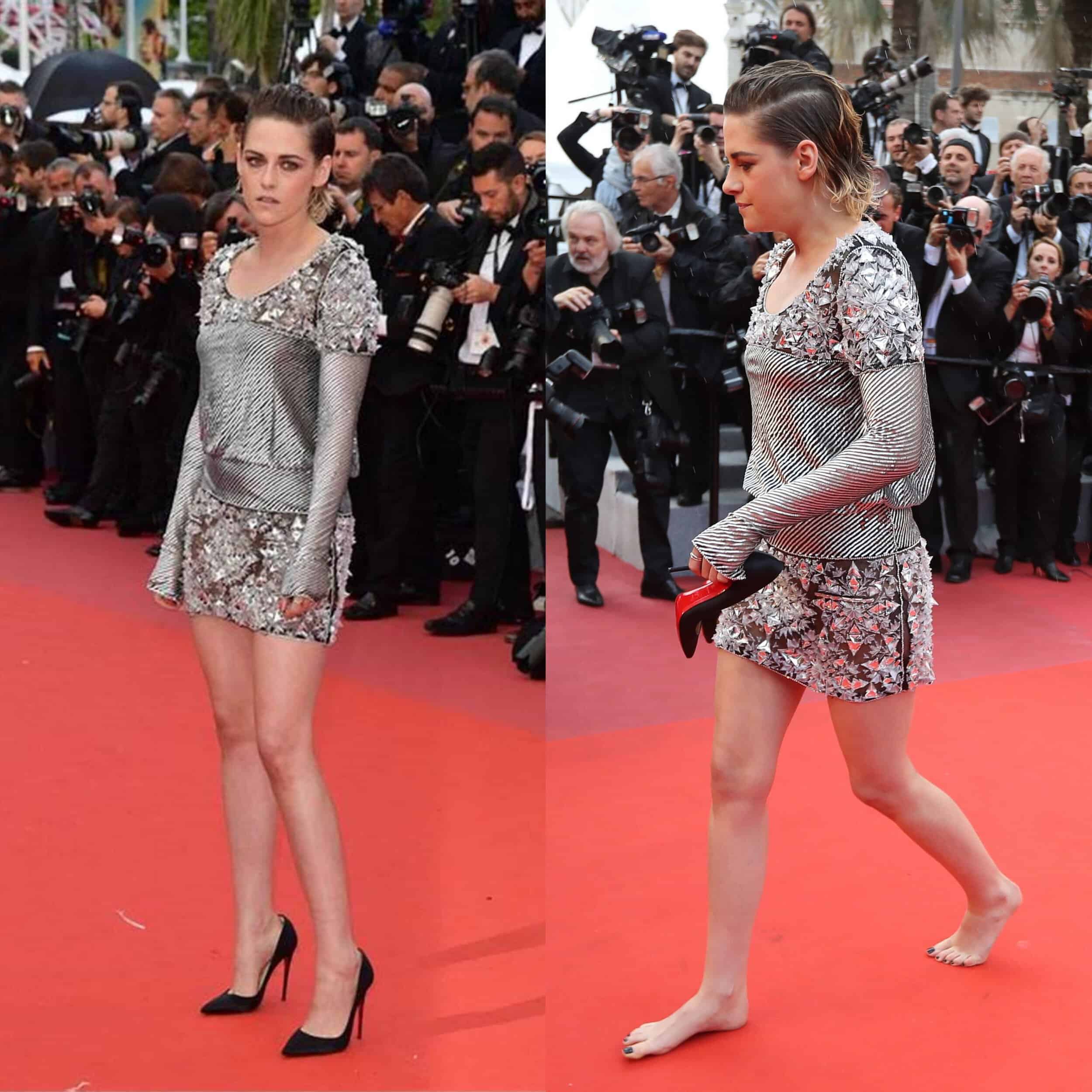
In response to that, many high-profile actresses protested the scandal of heels and decided to go barefoot on the red carpet. From Julia Roberts to Kristen Stewart climbed the stairs of the red carpet barefoot.
Also Read: Morgan Wallen Cancels 6 Weeks of Shows Suffering From Vocal Problems
22. Tik Tok Became The Official Partner
TikTok being a popular social media platform over the past years for short-form videos, has gained immense popularity, particularly among the young audience. The platform provides a place to people from around the globe where they can showcase their talents, routines, and unique perspectives with ease of space, which is the same concept as the Cannes Film Festival.

In 2022 Tiktok announced that it became the official partner of the Cannes Film Festival with the hashtag #Filmtok which gained popularity worldwide. Cannes Film Festival director Thierry Fremaux explained the collaboration with Tiktok is part of a desire to make the audience from around the globe diversified and to see the Cannes film festival through the lens of Tiktok, sharing and capturing moments of the film festival.
The partnership has been ironic as in 2018, Thierry Fremaux was agitated and put a ban on selfies on the red carpet, remarking it as “ridiculous.”
23. The Palm Dog Award
As the Palme d’Or Award, the Palm Dog Award gets its name from the top award of the Cannes Film Festival and is one of the most anticipated awards every year. The Palm Dog Award was created in 2001 by Toby Rose and has gained popularity over the years.
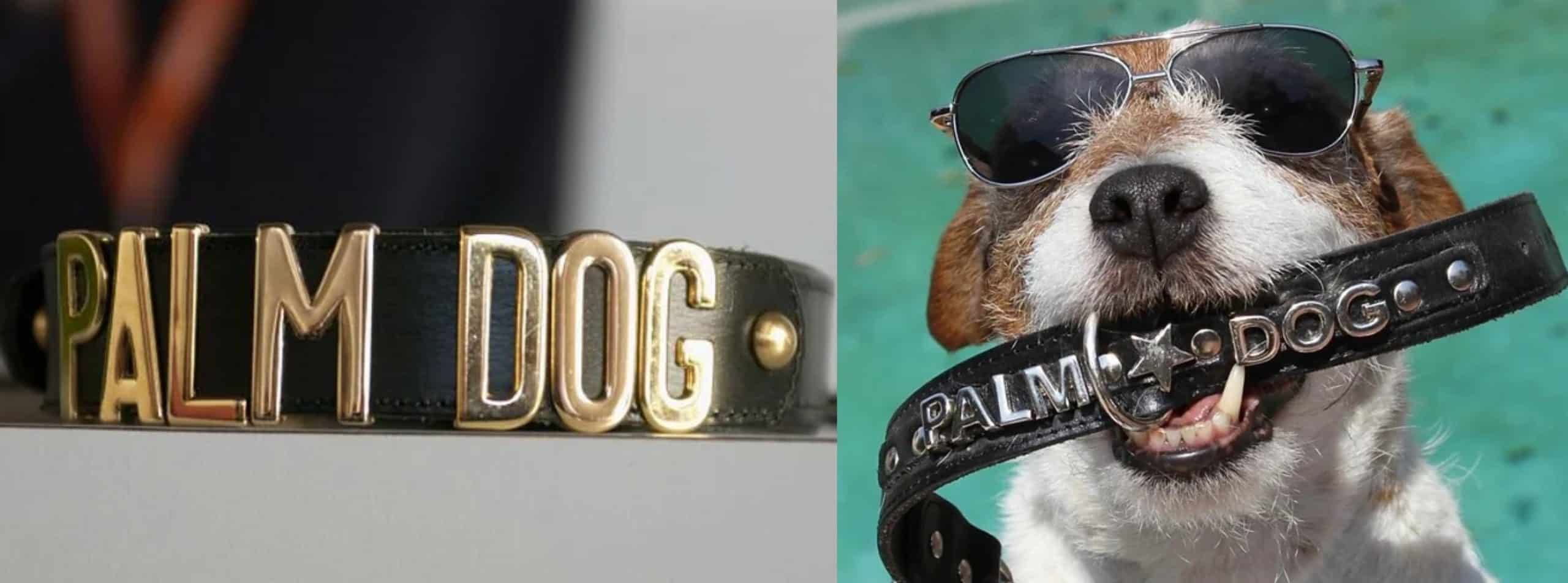
The Palm Dog Award celebrated the performances of Dogs on the big screen whose performances were remarkable and memorable. The jury panel of filmmakers and critics that select the films for the Palme d’Or are also the ones who select the Hound of the Year for the Palm Dog Award. The Award event is hosted on the Grand Hotel’s beach in Cannes.
24. The numbers at the Cannes film festival
Cannes Film Festival, over the decades, has been the most anticipated event in the film industry. It is quite a high-profile event that has a history of groundbreaking numbers.
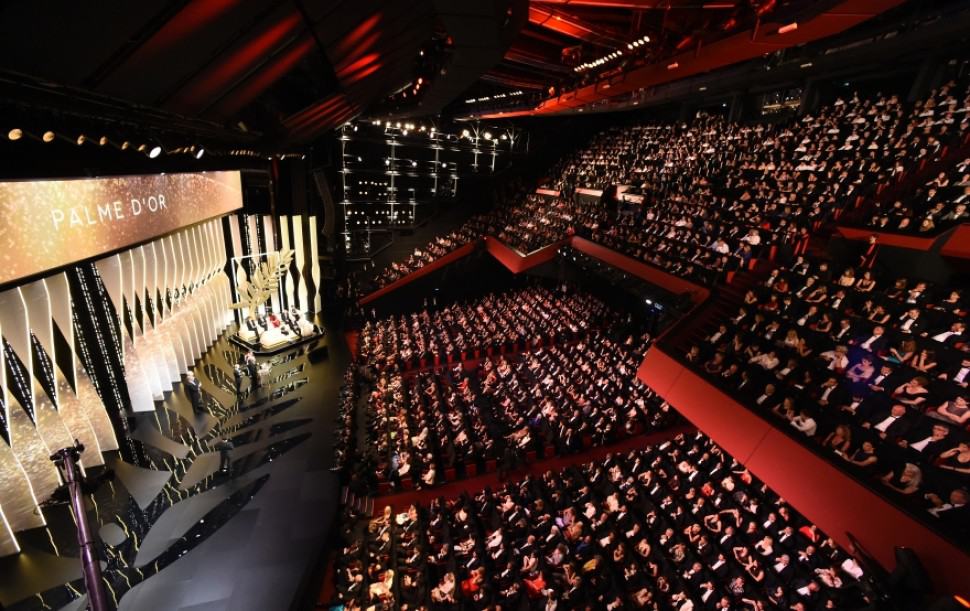
Here are some of the numbers of budget, percentages, and much more:-
- The total length of the red carpet, which is unraveled at the Festival, is 2 km.
- During the 12 days of the Festival, The hotels at Canners have an annual turnover of about 15 %.
- The main course, which is served at the Cannes Film Festival, has an average cost of about €35.
- The Cannes film festival, the second largest media event after the Olympics, sees at least 4,000 journalists every year.
- Each year about 200,000 total actors, filmmakers, and fans flock to the French city of Cannes for the marvelous Cannes film festival.
- The approximate budget for the whole Festival is about €20 million, which partially comes from public funding and partially from group contributions and official partners.
- About nine directors have won the prestigious Palme d’Or multiple times, among whom three have won for consecutive films and have the title of “Double-Palme Winners.”
- The list include:- Alf Sjöberg, Francis Ford Coppola, Bille August, Emir Kusturica, Shohei Imamura, Jean-Pierre & Luc Dardenne, Michael Haneka, Ken Loach and Ruben Östlund.
- The Palme d’Or award is carved out of 18-carat gold, which is attached to a cushion and is presented in a blue Morocco leather case.
- In 2019, from the generated 250 tonnes of waste at the Festival, about 99% of waste was recovered and with 81 % in material recovery and 18 % in energy recovery.
25. The Female Winners of Palme d’Or
The Palme d’Or is the top and most prestigious prize at the Cannes Film Festival that has been awarded to several remarkable film filmmakers throughout the Cannes Festival history. The award is a symbol to celebrate the work of talented directors that have made significant contributions to the world of cinema.
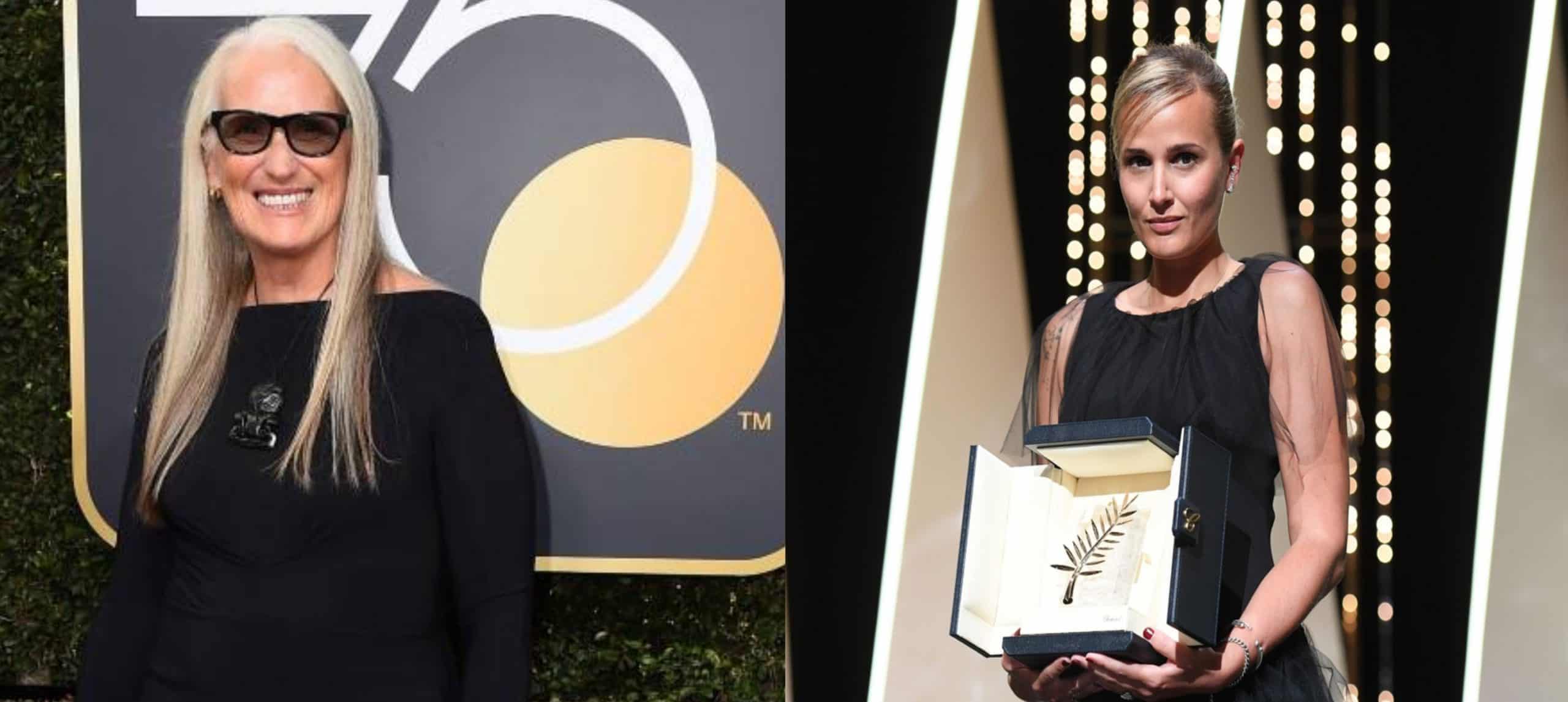
As of 2021, There are only two female directors who have won the Plame d’Or.The first one is Jane Campion, who won the prestigious award for her film “The Piano (1993),” making a groundbreaking moment in Cannes history. The second time it was given to Julia Ducournau for her film “Titane.”
The Cannes Film Festival stands as an unparalleled celebration of cinema, bringing together the industry of cinema and having a solidified position as a leading international platform for the celebration of artistic innovations. From the red carpet glamour to the discovery of emerging talents or the celebration of out-of-the-box film premieres, the Cannes Film Festival holds a place in the film industry, capturing the attention of global media and transforming modern-day society.
Also Read: Spider-Man Across The Spider-Verse Trailer Breakdown: Female Version Of Miles Morales?

